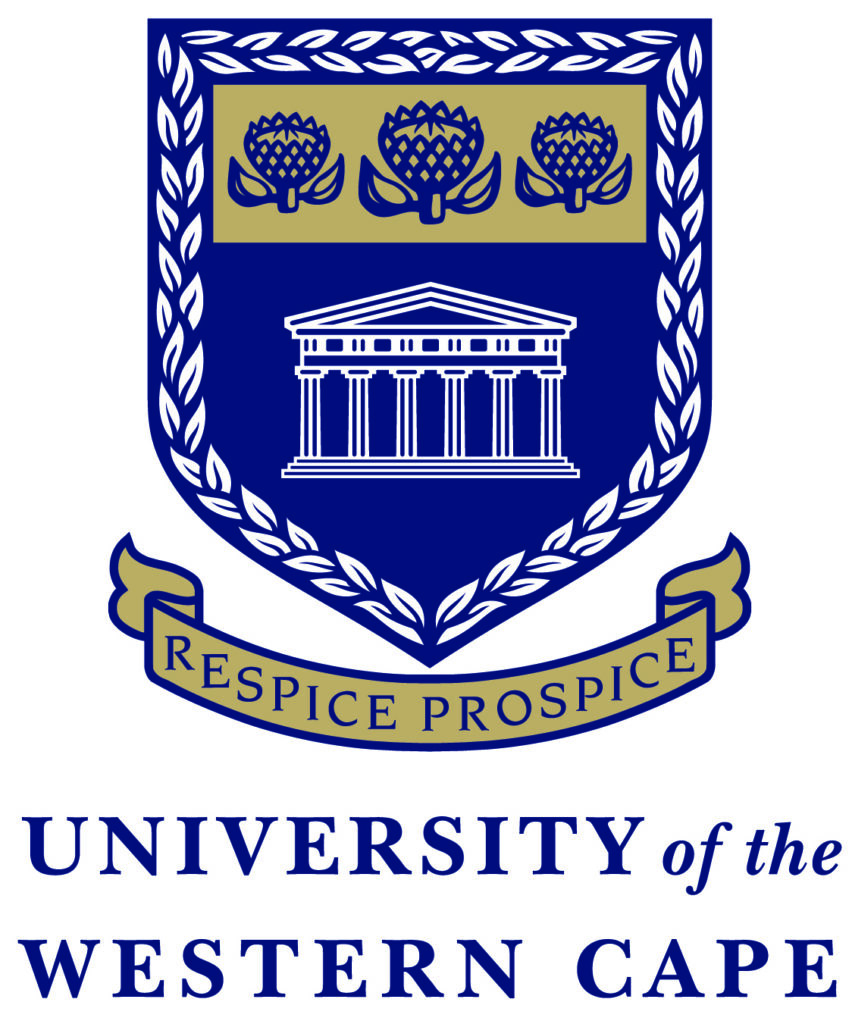Professor José Frantz, Deputy Vice-Chancellor: Research and Innovation, University of the Western Cape
Maths is about more than just numbers; it builds mental discipline, encourages logic and reasoning and plays a crucial role in understanding the world we live in — from sciences to social sciences, music and art. For this reason leading development agency Kagiso Trust partnered with the University of the Western Cape to host the second annual Mathematics Symposium. The hybrid event, hosted on World Mathematics Day on 23 March, brought together educators, learners and other role players to discuss the importance of encouraging people in this field.
Professor José Frantz is the Deputy Vice-Chancellor: Research and Innovation at the University of the Western Cape and said it was important for the university to partner with organisations like Kagiso Trust “who share the goals and values of our institution”. Kagiso Trust works towards a prosperous, peaceful, equitable and just society, and knows that education is key if this world is ever to become a reality.
Frantz says the stigmas and fears surrounding mathematics are often what stands between scholars and the futures they deserve: “We know in South Africa mathematics is considered one of those ‘killer subjects’ in high schools, and is also one of the factors that excludes so many learners from gaining access to higher education institutions.”
As the recipient of the Varkey Foundation Global Teachers’ Award, Kenyan educator Peter Tabichi shared his award-winning approach to teaching mathematics. He said that in Kenya, like in South Africa, despite marked efforts, learners continue to perform much lower in this subject than in other learning fields. “We are realising that to address this problem must be a collective responsibility,” Tabichi said.

Despite being an average student in primary school, Tabichi started excelling in mathematics in high school because of the support from a passionate and inspiring educator. By the time he completed his schooling, he was the top maths learner in the school. “So many of the learners have that potential, but they need the right environment and support; they need someone to inspire them and believe in them,” he explains.
He did not always have access to quality education, and acknowledges that today many of his pupils continue to struggle against hardships even greater than those with which he grew up: “The scholars walk great distances to get to school, many as far as 10km, to get to a rural and largely under-resourced school with teacher shortages and intermittent internet connectivity. More than 95% of the students are from poor and vulnerable households, many are orphans or have only one parent.”
These children live in communities where substance abuse, teenage pregnancies, early marriages and suicide are rife. Despite these challenges, Tabichi has managed to engage ICT in more than 80% of the lessons he teaches, which in turn engaged the students and made learning interesting. Active and effective discussion groups that engage students and team teaching practices have also contributed to the success of his pupils. School organised mathematics competitions have spiked learners’ interest in the subject and led to improved performance in the classroom.
Next to take to the stage was Anna Kriel, a first-year Industrial Engineering student from the University of Stellenbosch, who was awarded second best mathematics students nationally in 2021. She said that preparation was key when it came to her academic success, and recognised the need for a solid educational foundation early in a child’s life.
Her recipe for excellence has one important ingredient — not relying on natural ability to excel: “Some people have a natural feel for the subject, but aptitude alone will not ensure success; eventually practice is talent. You cannot afford to get lazy because that will reflect in your performance.”
Her advice to learners was to develop a love for abstract thinking and problem solving. Excelling in maths is about much more than achieving good marks; it fosters a way of thinking going forward that will result in success in other areas of life too.
Faizel Mohammed from StatsSA agreed with Kriel about how maths contributes to future skills and to success in the fourth industrial revolution (4IR) and the new world of work: “Mathematics and the understanding of mathematics plays a core part in facilitating the change and managing the change as we transition to this new world.”
One programme that StatsSA is involved in is Soccer for Stats, which takes learners out to the sports fields for discussions on geometry and its real-world applications. “When you engage them in different activities outside of the classroom, you see they start thinking about things in a different way.”
Initiatives like this are important because children in South Africa still suffer under the legacy of the past and do not have the support of formally educated parents, many who were denied access to learning under the country’s apartheid policies. “We need not only teach children mathematics, but we need to teach them to love mathematics as a gateway subject; meaning that if you do well in maths you can do well in so many other things going forward.”
He says someone keen on pursuing a mathematics-based career is not limited to the title of mathematician or statistician; other examples are scientists, data analysts, financial professionals, software engineers, economists, professors and business analysts. Fields like artificial intelligence and robotics are also underpinned by sound mathematical foundations.
Professor Kailash Patidar is the head of the Mathematics Department at the University of the Western Cape. He says that mathematics plays a fundamental role in the intellectual development of learners at school. “A struggling student who receives the appropriate help and support at the right time may start scoring good marks and that can change their career path and their future significantly.”
